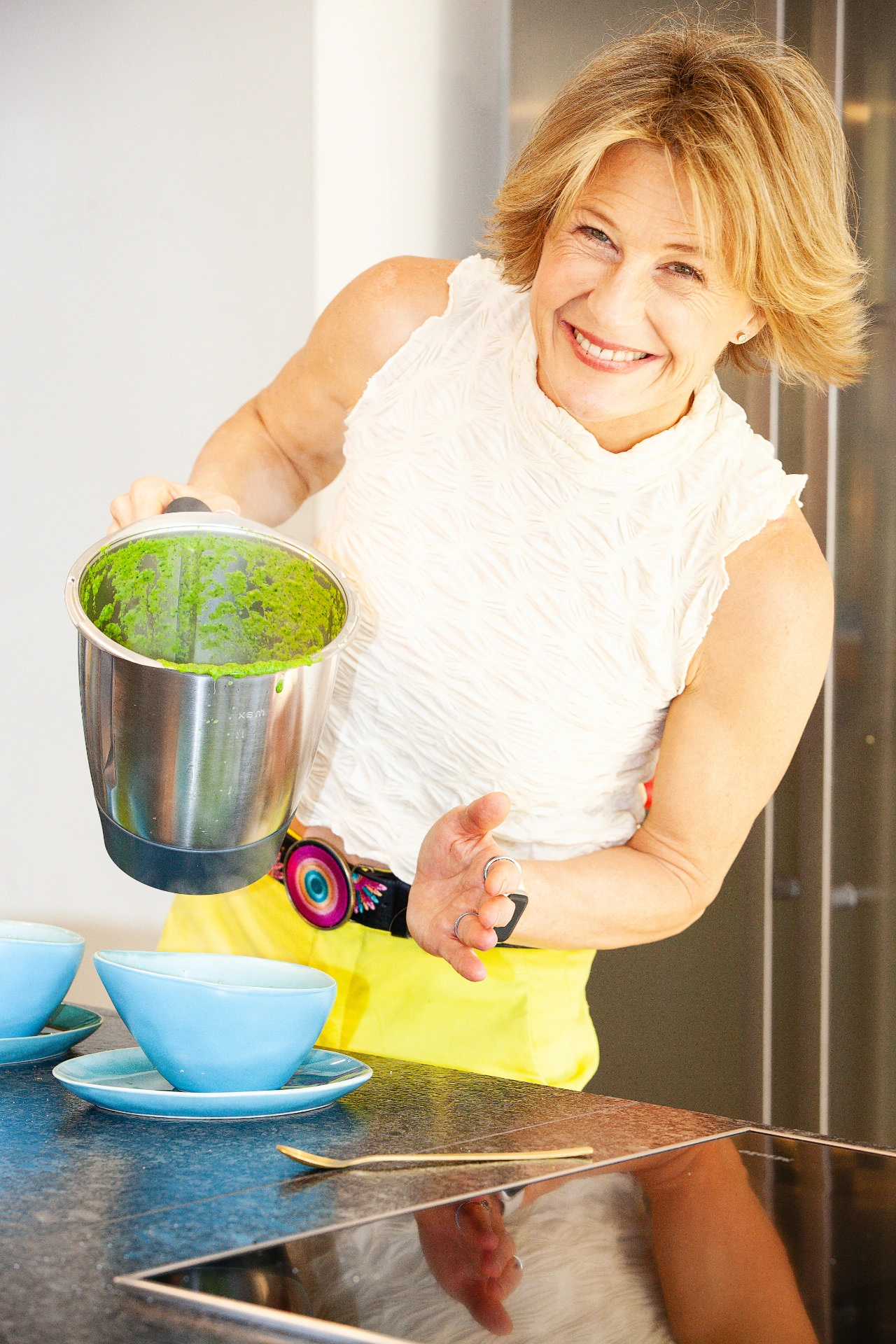
Magnesium – what is it?
- What is it?
- What does it do?
- Who might be lacking?
- Who might benefit from supplementation?
Magnesium is an essential mineral that is required for well over 600 enzyme reactions in our body and yet many of us are unknowingly deficient.
Because it’s a cofactor in so many reactions in a body, symptoms of deficiency are broad and diverse.
Some of its most important functions include:
– energy metabolism
– muscle relaxation and optimal function
– cardiovascular health (especially blood pressure)
– mental balance / wellbeing
– hormone balance
– restful sleep
– detoxification
Magnesium Deficiency – Who might be at risk?
Short-term magnesium deficiency doesn’t usually have symptoms, however chronic deficiency can exacerbate some of the following:
– poor sleep
– muscle cramps/ twitches/ spasms
– high blood pressure
– anxiety
– hormonal issues PMS, menopause symptoms or unwanted symptoms associated with the menstrual cycle.
– blood sugar dysregulation
– irritability
– constipation
So who might be at risk?
– If your diet is high in processed foods, simple refined carbohydrates or lacks vegetables, nuts, seeds, whole grains (magnesium is present in chlorophyll which is particularly high in leafy greens)
– Stress. Being continually under stress can deplete magnesium reserves
– If you have too much alcohol, coffee, sugar, salt, sugary drinks
– If you do a lot of sport and sweat a lot
What should we do about it?
– Increase green leafy vegetables, nuts, seeds, pulses, whole grains, dark chocolate
– Find strategies to reduce stress and anxiety
– Ensure we have sufficient vitamin D3, selenium (2 x Brazil nuts daily), and B6 to ensure adequate absorption
– Consider taking a high-quality magnesium supplement, such as magnesium glycinate. Magnesium citrate and carbonate can help to move our bowels, glycinate is gentler. RDA is 400 mg. Take in the evenings to help sleep.
About Dominique Ludwig, Nutritionist MSc and Nutritional Therapist mBANT
Dominique Ludwig is an accomplished Nutritionist with over 30 years’ experience as a qualified nutritionist and 16 years as a nutritional therapist. The secret weapon of many high-profile clients and A-list celebrities, Dominique has been voted one of the top 15 nutritionists in the UK.
She is the founder of the Nutrition and Lifestyle Programme Renew Reset Recharge®. This is a pioneering nutrition, weight management and lifestyle programme all rolled into one. Working out of her busy practice and The Meyer Clinic, Dominique has helped over a thousand clients, globally, live healthier lives. She is a regular contributor to The Times, The Sunday Times and Times 2.
To work with Dominique, either contact her via Dominique Ludwig website or book a free DISCOVERY CALL.
DISCLAIMER
Features published by Dominique Ludwig are not intended to treat, diagnose, cure or prevent any disease. Always seek the advice of your GP or another qualified healthcare provider for any questions you have regarding a medical condition, and before undertaking any diet, exercise or other health-related programme.





